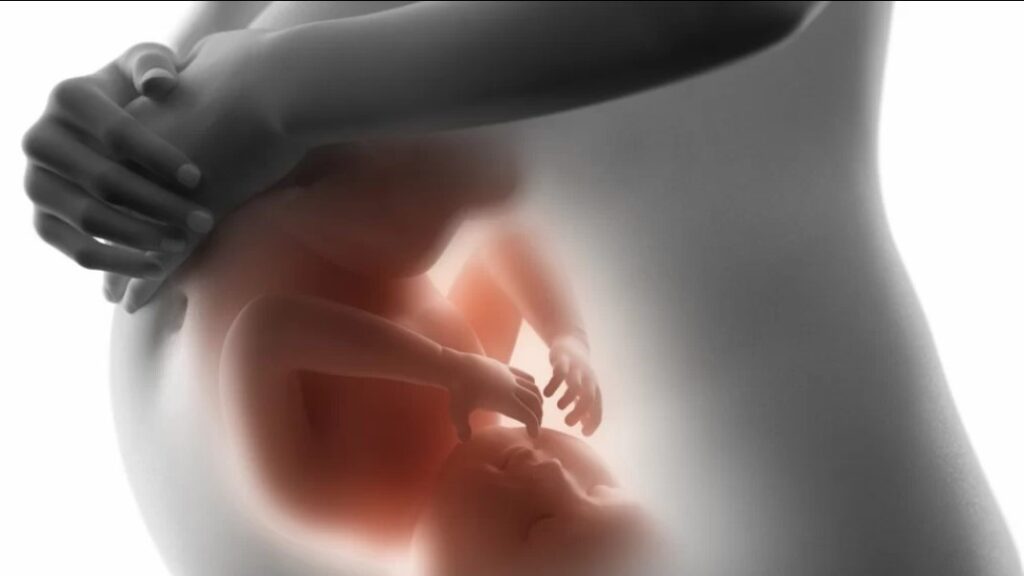Understanding Prenatal Care
Prenatal care refers to the health care you receive while pregnant. It encompasses various treatments and trainings to ensure the health of both mother and baby during pregnancy, labor, and postpartum. Regular prenatal visits are crucial as they help in early detection and treatment of potential health issues, significantly reducing the risk of complications.
Starting Prenatal Care Early
Ideally, prenatal care should begin at least three months before you start trying to conceive. Here are some vital steps to take during this preconception period:
Quit smoking and drinking alcohol to prevent harmful effects on the baby.
Take folic acid supplements (400 to 800 micrograms daily) to reduce the risk of neural tube defects.
Consult your doctor about any medical conditions and medications you take.
Avoid toxic substances and chemicals that could be harmful.
Prenatal Care During Pregnancy
Once pregnant, schedule regular healthcare appointments:
Monthly visits during the first six months.
Bi-weekly visits during the seventh and eighth months.
Weekly visits during the ninth month.
During these visits, your doctor will:
Conduct routine tests (e.g., blood tests for anemia, HIV).
Monitor blood pressure and weight gain.
Measure the baby’s growth and heart rate.
Discuss diet, exercise, and other health concerns.
Specialized Care and Classes
Your doctor may offer classes covering:
Pregnancy expectations.
Preparation for birth.
Basic baby care skills.
High-risk pregnancies may require more frequent visits and specialized care.
Nutritional Needs During Pregnancy
Proper nutrition is vital as your body requires increased nutrients. Focus on a balanced diet rich in:
Proteins for tissue and organ growth.
Calcium for bone development.
Folate to prevent neural tube defects.
Iron to support increased blood volume.
Recommended Nutrient Intake:
What and How Much to Eat
Eat a variety of foods to meet your nutritional needs. Increase your caloric intake by:
Avoid junk food and focus on fresh fruits, vegetables, lean proteins, and whole grains. Manage cravings and food aversions by balancing them with nutritious options.
Foods to Avoid
Alcohol due to risks of premature delivery and birth defects.
High-mercury fish (e.g., shark, swordfish) to prevent nervous system damage.
Unpasteurized cheeses to avoid listeria infection.
Raw fish and shellfish to prevent bacterial infections.
Handling Pregnancy Discomforts
For morning sickness, try:
Crackers and cereal before getting out of bed.
Small, frequent meals.
Avoiding fatty, fried, spicy, and greasy foods.
Trimester Milestones
First Trimester (1-12 weeks): Crucial for fetal development; expect fatigue, nausea, and mood changes.
Second Trimester (13-28 weeks): Growth of the fetus; usually more comfortable for the mother.
Third Trimester (29-40 weeks): Fetus matures; the mother might experience discomfort due to the growing baby.
Fourth Trimester: Postpartum Care
The 3-month period post-delivery is vital for both the mother and baby’s health. Key tips include:
Limiting visitors.
Asking for help.
Resting and eating regularly.
Attending follow-up appointments.
Seeking immediate medical help for postpartum depression symptoms.


















